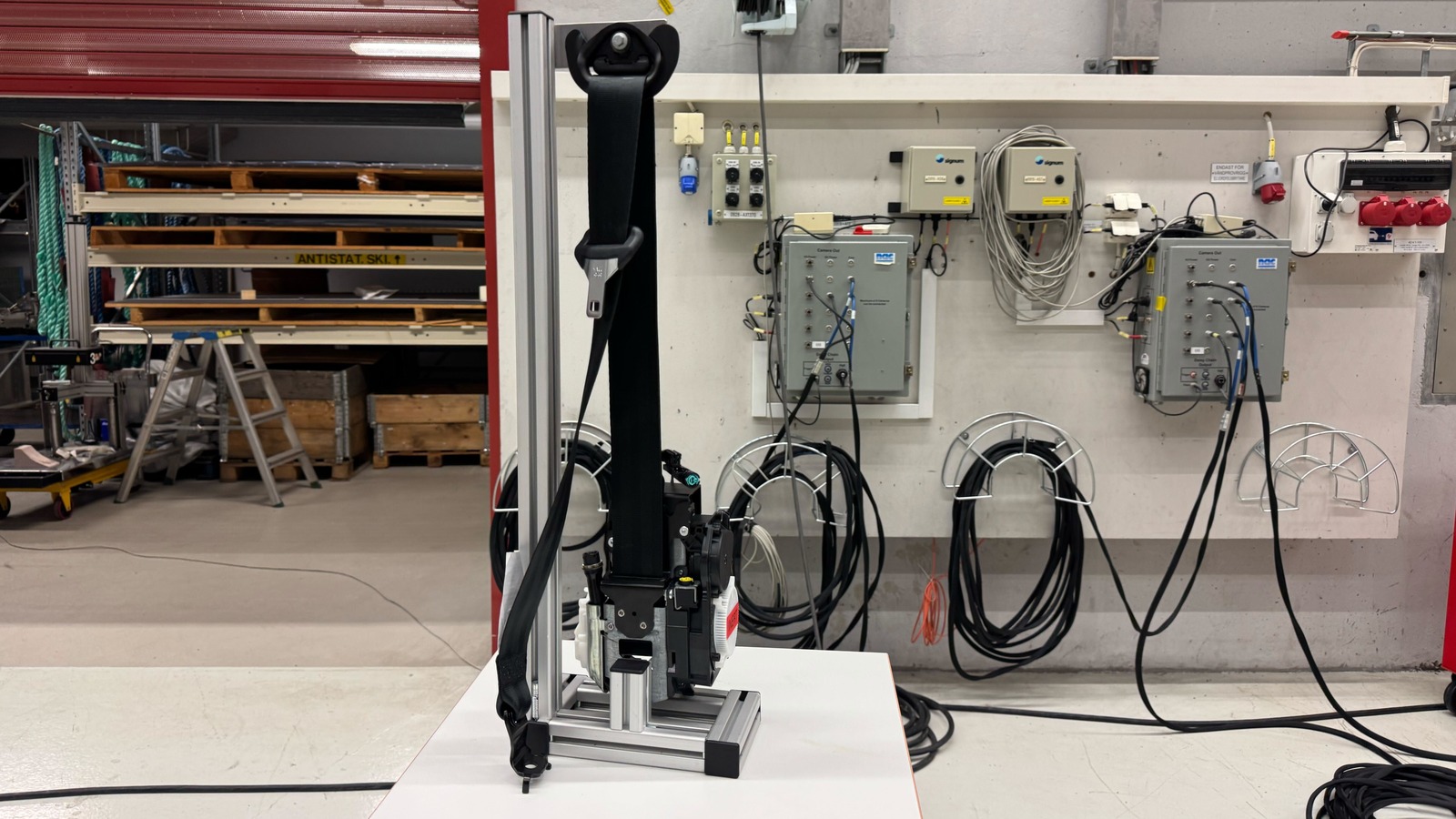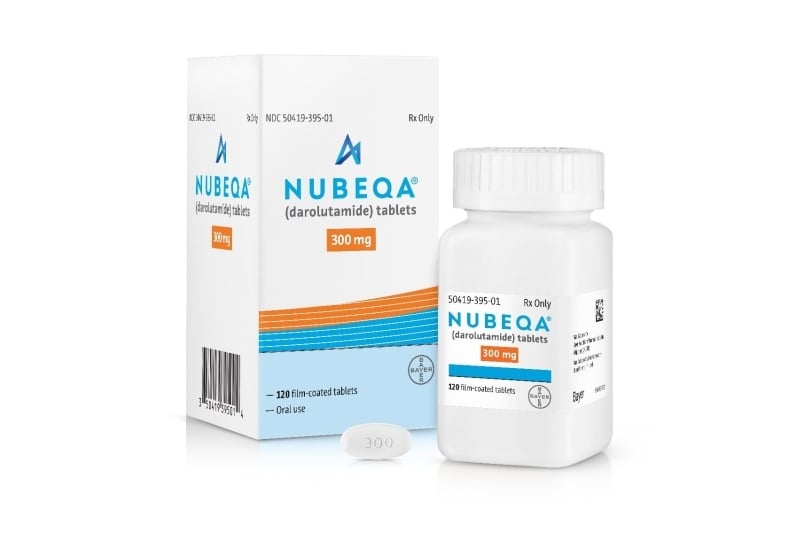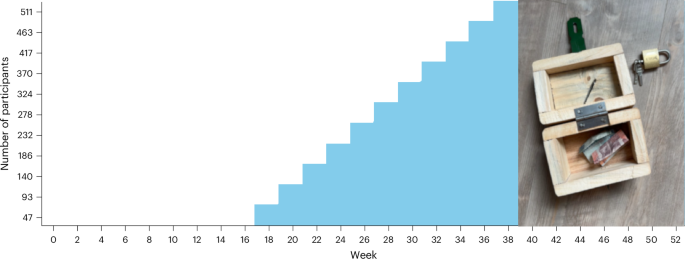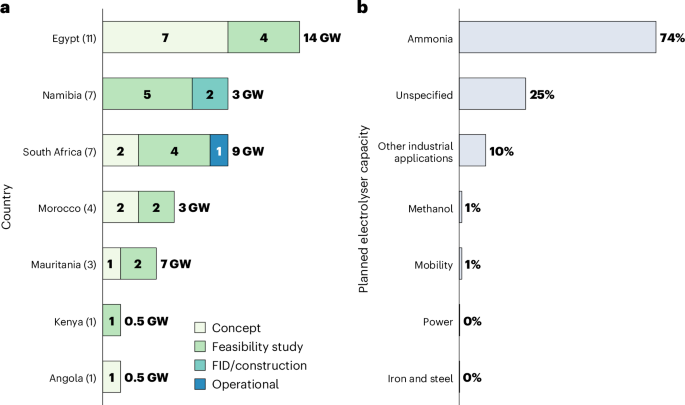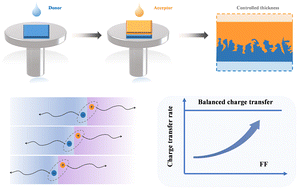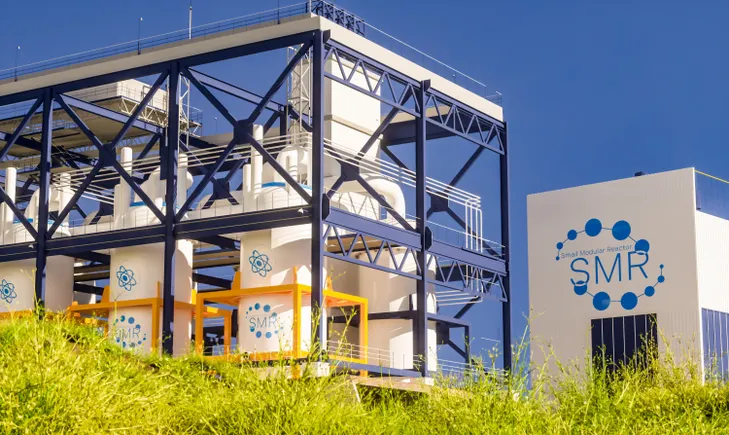STAT+: Pharmalittle: We’re reading about a FDA AI tool, mRNA as a political reject, and more
The FDA rolled out a generative AI tool for speeding regulatory reviews, announcing its launch nearly a month ahead of a June 30 deadline

Top of the morning to you, and a fine one it is. Clear blue skies and pleasant breezes are wafting across the Pharmalot campus, where the official mascots are foraging for their breakfast and rousing the neighbors. This means we are free to focus on the matters at hand — rummaging through our to-do list and making cups of stimulation. Our choice today is banana split, which is fast becoming a trusty favorite. Sounds appetizing, yes? As always, we invite you to join us. Meanwhile, here is the latest menu of tidbits to help you get started on your journey. We hope that your day is simply smashing and that you conquer the world. And of course, do keep in touch. We appreciate suggestions, criticism, and juicy tips. …
The U.S. Food and Drug Administration rolled out a generative artificial intelligence tool for speeding regulatory reviews, announcing its launch nearly a month ahead of a June 30 deadline, STAT reports. In an internal message, FDA Commissioner Mark Makary told employees they could use the AI tool, called Elsa, to “expedite clinical protocol review and reduce the overall time to complete scientific review.” At the same time, though, FDA employees characterized the launch as “rushed” and expressed concern the agency is both over-inflating its capabilities and failing to set guardrails. An FDA press release indicates that the AI is simply a large language model — which would seem to fall short of the kind of sweeping technology capable of effecting dramatic change. In the public announcement, the agency said the tool can “summarize adverse events to support safety profile assessments, perform faster label comparisons, and generate code to help develop databases for nonclinical applications.” An agency spokesperson had previously suggested the AI, for instance, could be used to “enhance regulatory rigor by helping predict toxicities and adverse events for certain conditions” during drug reviews.
The U.S. Department of Health and Human Services submitted proposed guidance on using rebates in the 340B Drug Discount Program, but it is unclear how long it will take before it is finalized and released to the public, The 340B Report writes. The agency submitted its proposed guidance to the Office of Management and Budget, which has up to 90 days to complete its initial review. That could be expedited due to impending deadlines related to the implementation of the Inflation Reduction Act’s Medicare drug price negotiation program, or extended if OMB has further questions for HHS. The contents of the proposal will not be public during the review period. HHS took this step after a Washington, D.C. federal district court last month ruled that the agency has authority to pre-approve any 340B rebate model proposed by a drugmaker. That May 15 decision blocks drugmakers from unilaterally converting upfront 340B discounts to a rebate, but it leaves open the possibility that HHS could approve certain rebates in the future.

























